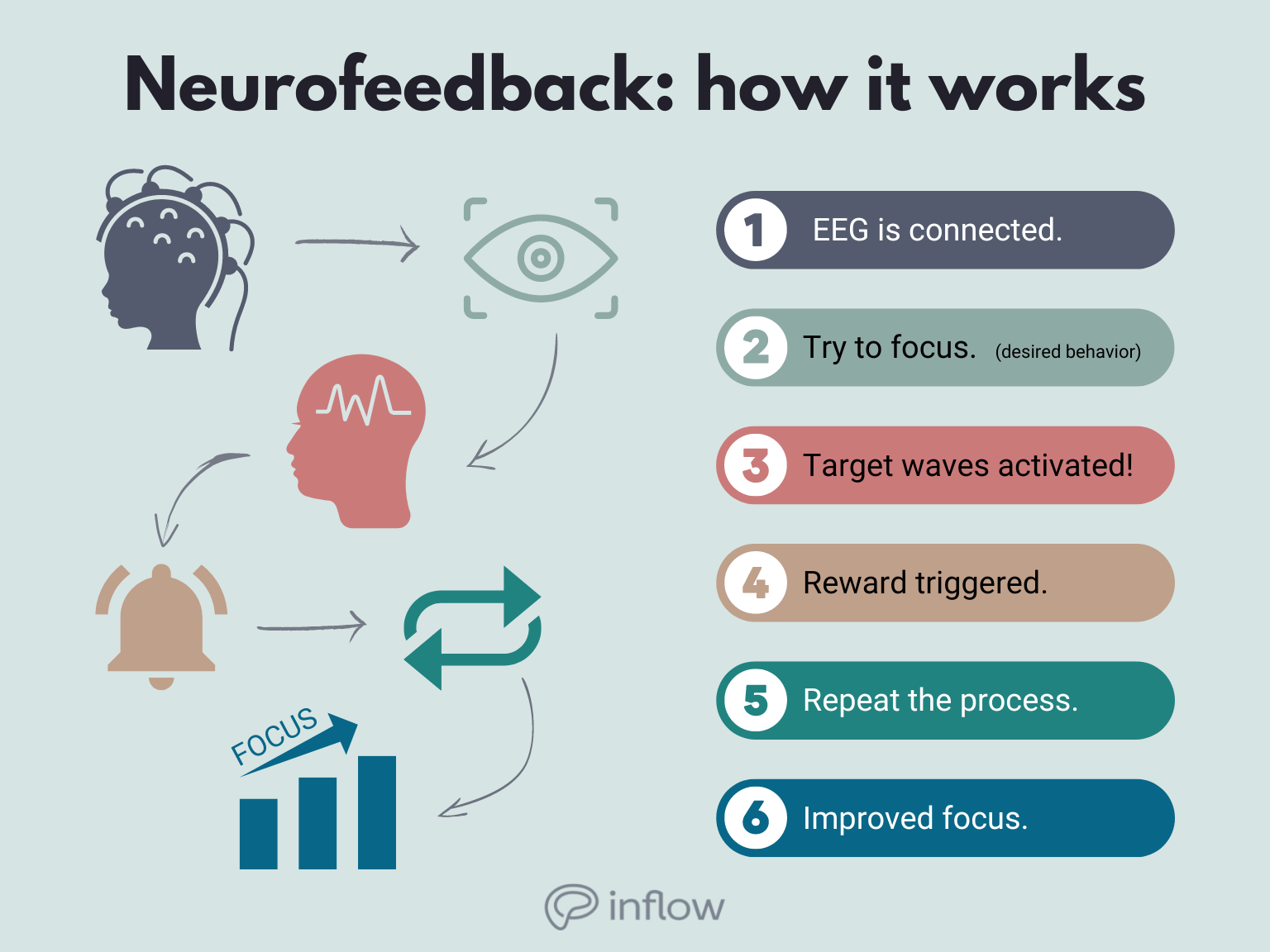Exploring How Sleep Disorders Disrupt Neural Oscillation Function and Affect Cognitive Function
Exploring How Sleep Disorders Disrupt Neural Oscillation Function and Affect Cognitive Function
Blog Article
Sleep is an essential part of our everyday lives, enabling our bodies and mental faculties to rest and rejuvenate. However, many individuals suffer from slumber disorders, which can significantly disturb slumber patterns. These disorders can lead to various issues, including alterations in neural wave activity. Brainwaves are electronic signals in the brain that reflect our cognitive state and function. When sleep is disturbed, the typical patterns of neural waves can be affected, resulting to problems with mental function, such as recall, attention, and judgment.
There are various types of sleep disorders, including sleeplessness, sleep apnea, and restless leg syndrome. Sleeplessness is characterized by trouble falling or remaining asleep, while sleep apnea entails pauses in respiration during slumber. Restless leg syndrome induces uncomfortable feelings in the legs, resulting to an compelling urge to move them. Each of these disorders can disturb the natural slumber cycle, which consists of various stages, including shallow sleep, profound sleep, and REM (rapid eye movement) sleep. Each stage holds a crucial role in preserving overall cognitive health and function.
When slumber disorders interfere with these stages, brainwave activity can become irregular. For example, during profound sleep, the brain generates gentle delta waves, which are important for bodily restoration and memory consolidation. If a individual experiences frequent awakenings or does not attain deep sleep, the production of these delta waves is diminished. This can result to challenges in learning new knowledge and retaining memories. Additionally, REM sleep, which is associated with fantasizing and emotional processing, is also impacted. Interruptions in REM sleep can lead to issues with affective regulation and creativity.
The effect of slumber disorders on cognitive function is significant. Research has demonstrated that people with sleep disorders often face difficulties with focus and concentration. This can affect their performance at school or work, making it challenging to complete tasks or participate in discussions. Furthermore, long-term sleep deprivation can result to emotional changes, heightened stress, and even nervousness or melancholy. These cognitive and affective challenges can create a cycle, where inadequate sleep leads to mental difficulties, which in turn can result to more sleep problems.
Tackling sleep disorders is essential for enhancing brainwave activity and mental function. Therapeutic options may encompass habitual changes, such as establishing a consistent slumber schedule, establishing a comfortable slumber environment, and practicing relaxation techniques. In some cases, medical intervention may be necessary, such as employing a CPAP machine for sleep apnea or pharmaceuticals for sleeplessness. By valuing sleep and seeking appropriate treatment, people can enhance their overall mental abilities and boost their right here quality of life. Comprehending the connection between sleep disorders, neural wave activity, and mental function is an important step toward better health and wellness.